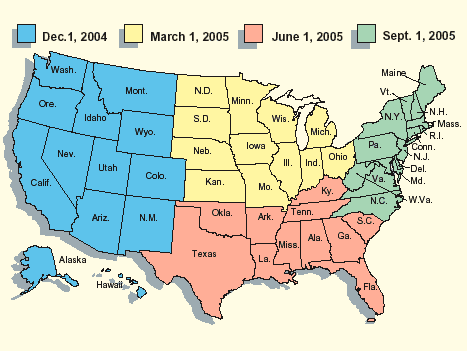Article
UPDATE: Focus on Finance
College savings plans; credit reports
You need a PhD to understand some college savings plans
State college savings plans are unreasonably complicated and loaded with high, poorly disclosed fees, say financial analysts who want federal regulators to scrutinize the plans. Investors get less information about the plans than they do about mutual funds, and what they do get isn't standardized, making it difficult to compare plans, says Morningstar, a Chicago-based investment research firm. The House Committee on Financial Services is considering whether to subject the plans, which aren't regulated by the SEC, to federal control.
College savings plans charge a myriad of fees, including a grab bag of enrollment, account-maintenance, and administrative costs that run 2 percent of assets or higher, says Morningstar. Some of the fees are dollar-based, and some are calculated as a percentage of the account balance. To find out how much you're paying, you'll have to wade through murky and lengthy documents, and make complicated calculations. Like mutual funds, college savings plans also often carry sales charges of up to 5.75 percent.
Don't count on a "do not spam" list
A national registry of e-mail users who don't want to receive unsolicited mail would be a high-tech version of sticking a "kick me" sign on consumers. Why? Because unscrupulous spammers would see the registry as a goldmine of valid e-mail addresses to target, says the FTC.
The CAN-SPAM law, also known as the Controlling the Assault of Non-Solicited Pornography and Marketing Act, authorized the FTC to set up a registry similar to the "do not call" list designed to let people block telemarketing calls. What's needed first, says the FTC, is an authentication system that would prevent the origin of e-mail messages from being falsified and keep spammers from hiding their Web tracks.
How safe are your phones and PDAs?
Mobile phones and other electronic devices, such as personal digital assistants, may be vulnerable to viruses, says F-Secure, a computer security company. A virus was found this summer in a smart phone, which combines a cell phone and a PDA, raising fears that someone using an infected device while walking down a busy city street could pass a virus on to thousands of cell phones. A PDA virus could be even more catastrophic, since users often enter confidential information into them. Nearly 40 percent of users store credit card numbers on their devices, says a survey conducted by Bluefire Security Technologies, a wireless security company.
To protect yourself, consider installing antivirus software, such as Symantec's AntiVirus for Handhelds (www.symantec.com) or McAfee VirusScan PDA Enterprise 2.0 (www.mcafee.com).
Credit report goof-ups can wreck your record . . .
One in four credit reports has mistakes serious enough to cost consumers a loan or a job, says the US Public Interest Research Groups. Consumers whose records contain major errors, such as false delinquencies, could also be forced to pay higher interest rates when they do qualify for loans. Nearly 80 percent of credit reports surveyed contained some kind of error, including misspellings and incorrect accounts.
. . . but it'll get easier to watch for them
Under new FTC rules, everyone will soon have the right to get one free copy each year of their credit report from the three major companies: Equifax, Experian, and Trans Union. The companies also will make it easier to ask for the reports by setting up Web sites, toll-free numbers, and postal addresses dedicated to processing the requests.
People in Western states will get free reports beginning on Dec. 1. The rest of the states will follow in stages, with everyone becoming eligible by Sept. 1, 2005, says the FTC. State law already allows residents in Colorado, Georgia, Maine, Maryland, Massachusetts, New Jersey, and Vermont to get free reports.

Yvonne Wollenberg. UPDATE: Focus on Finance. Medical Economics Aug. 6, 2004;81:9.





